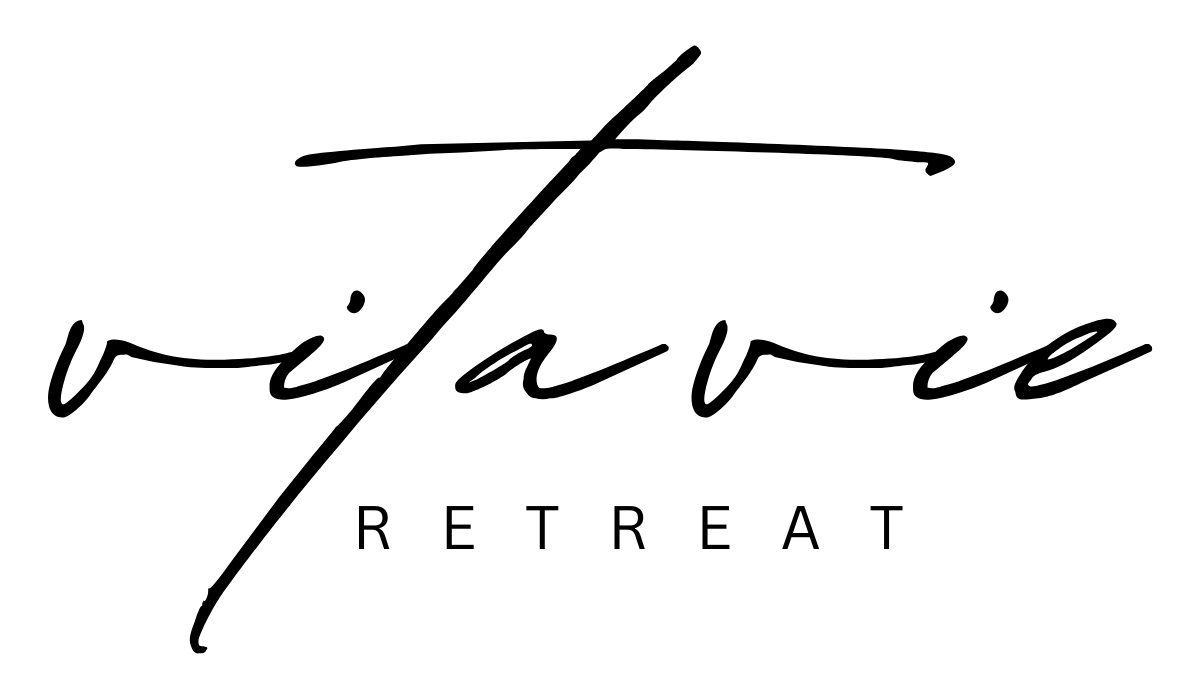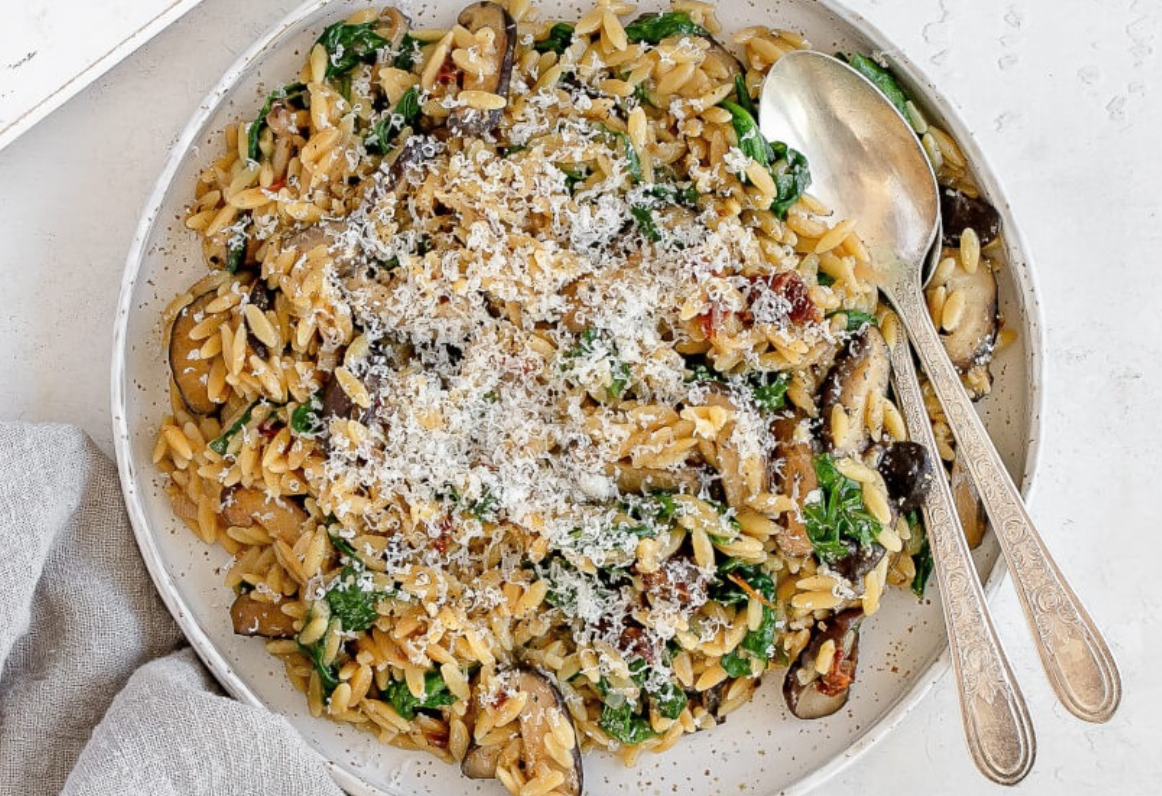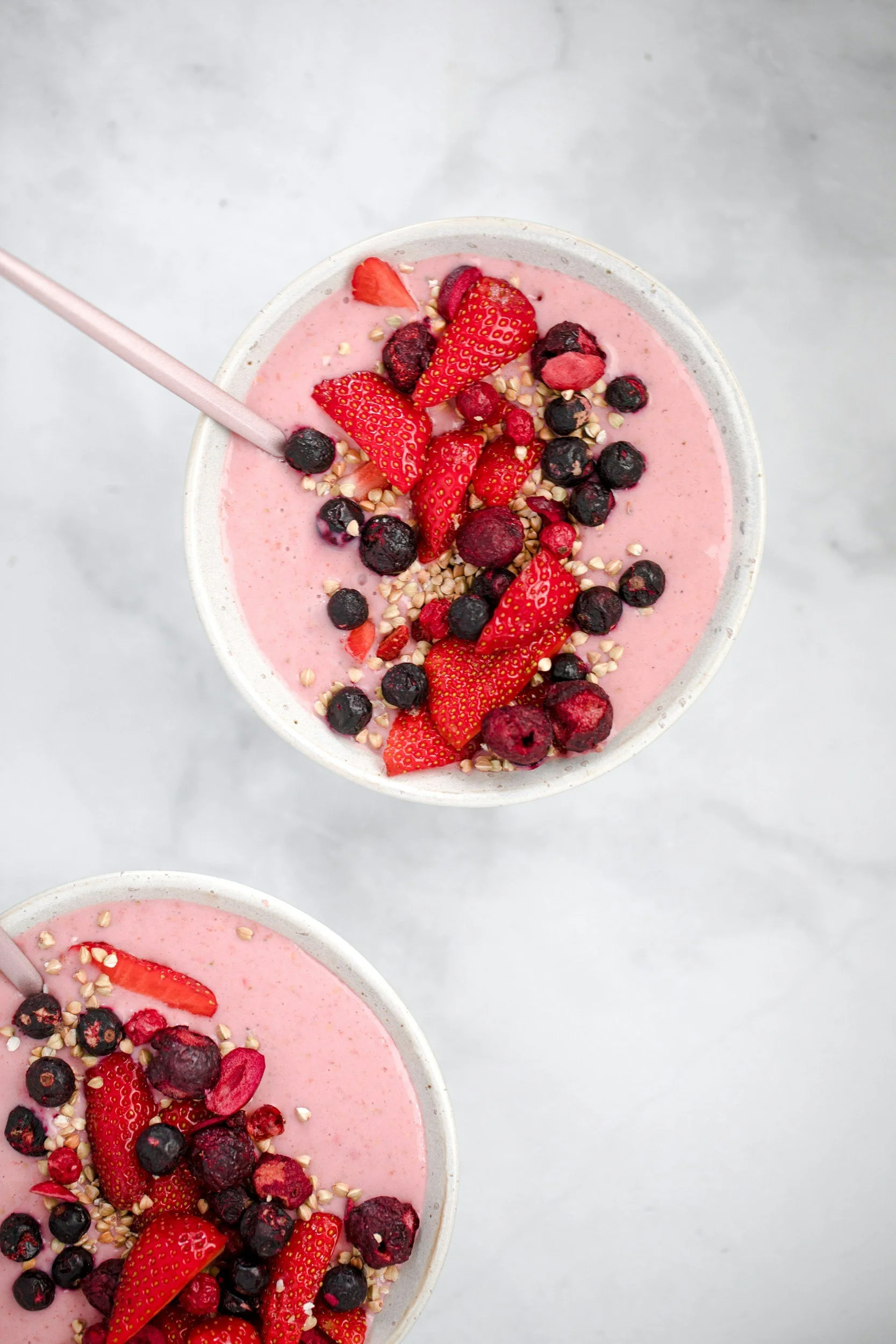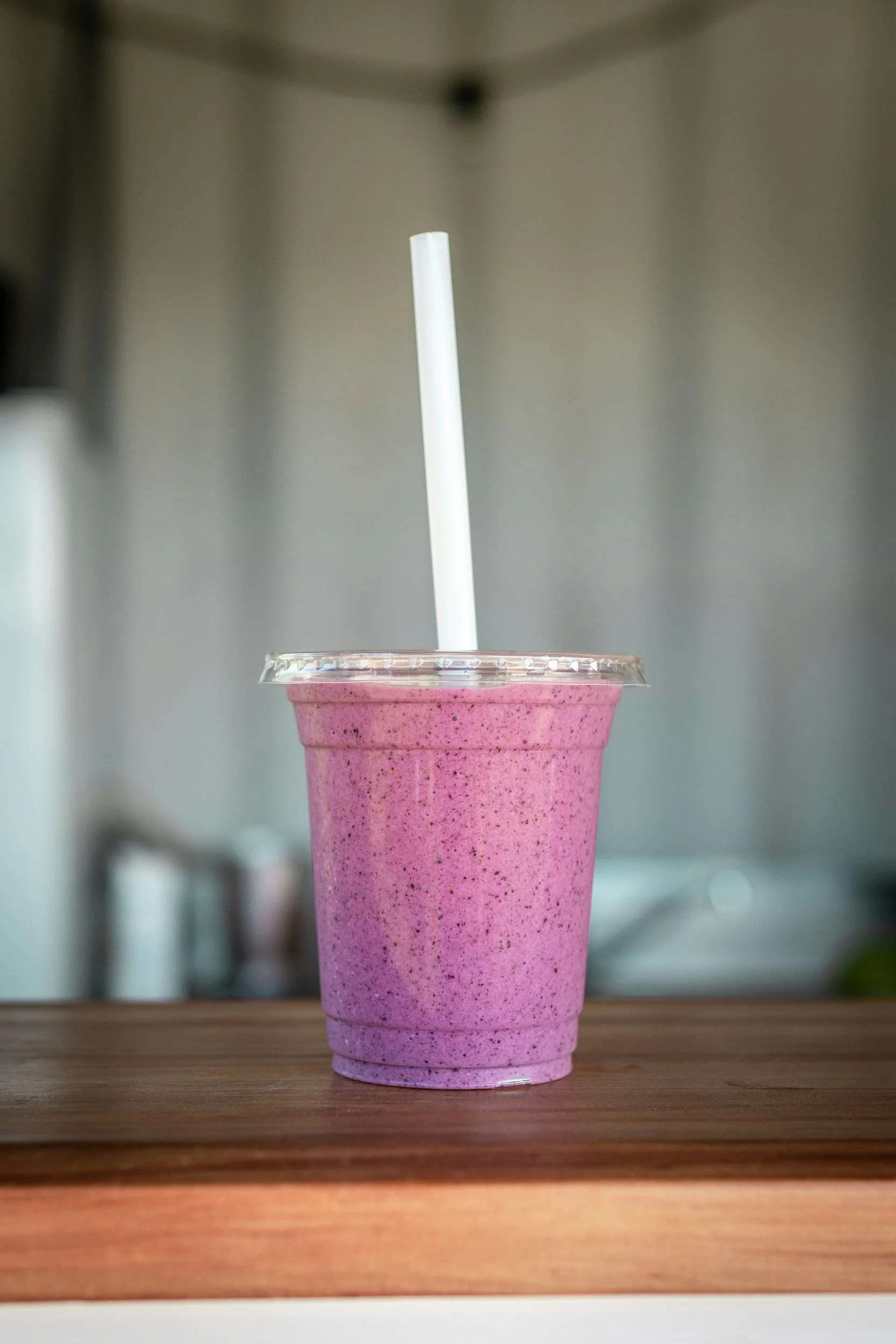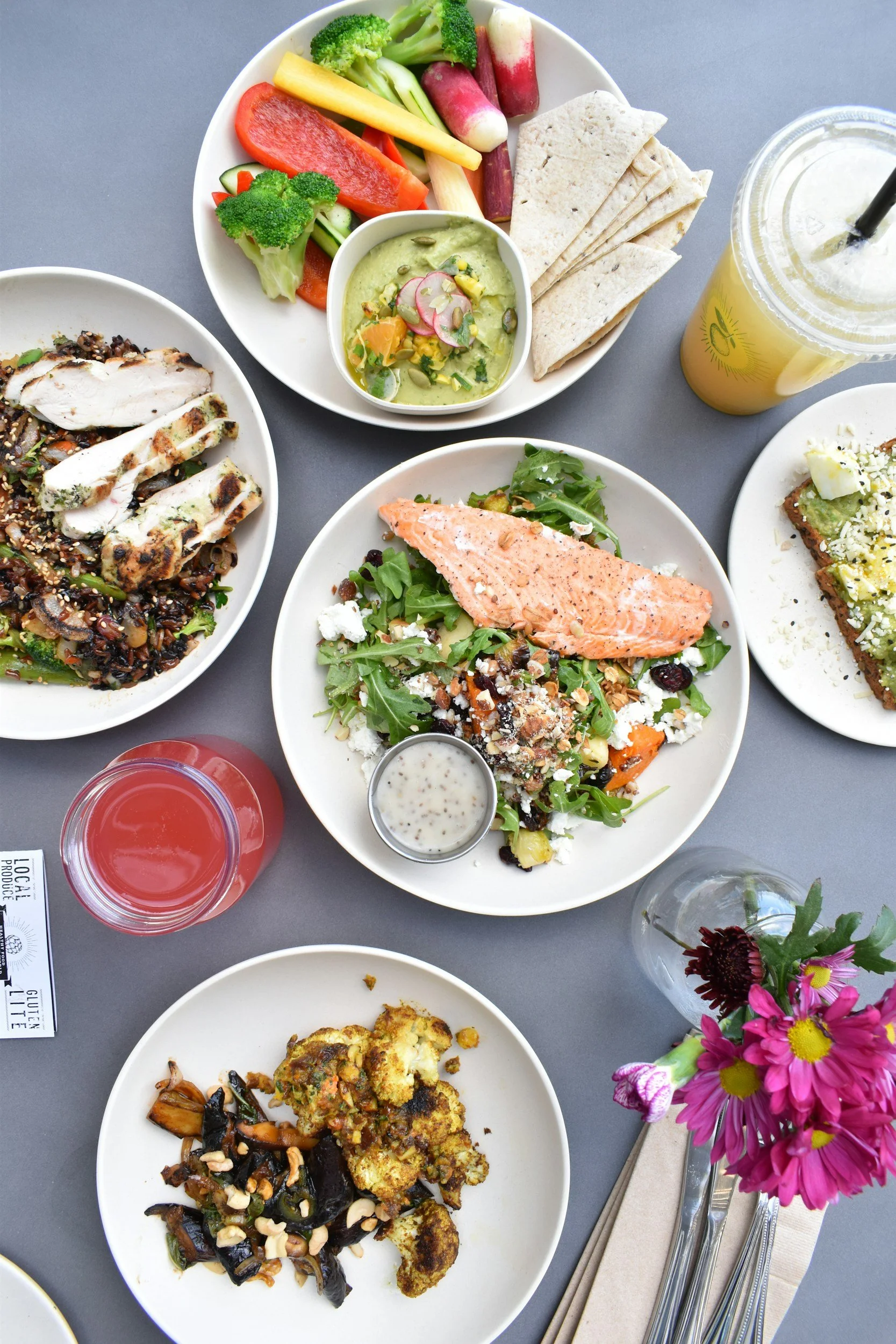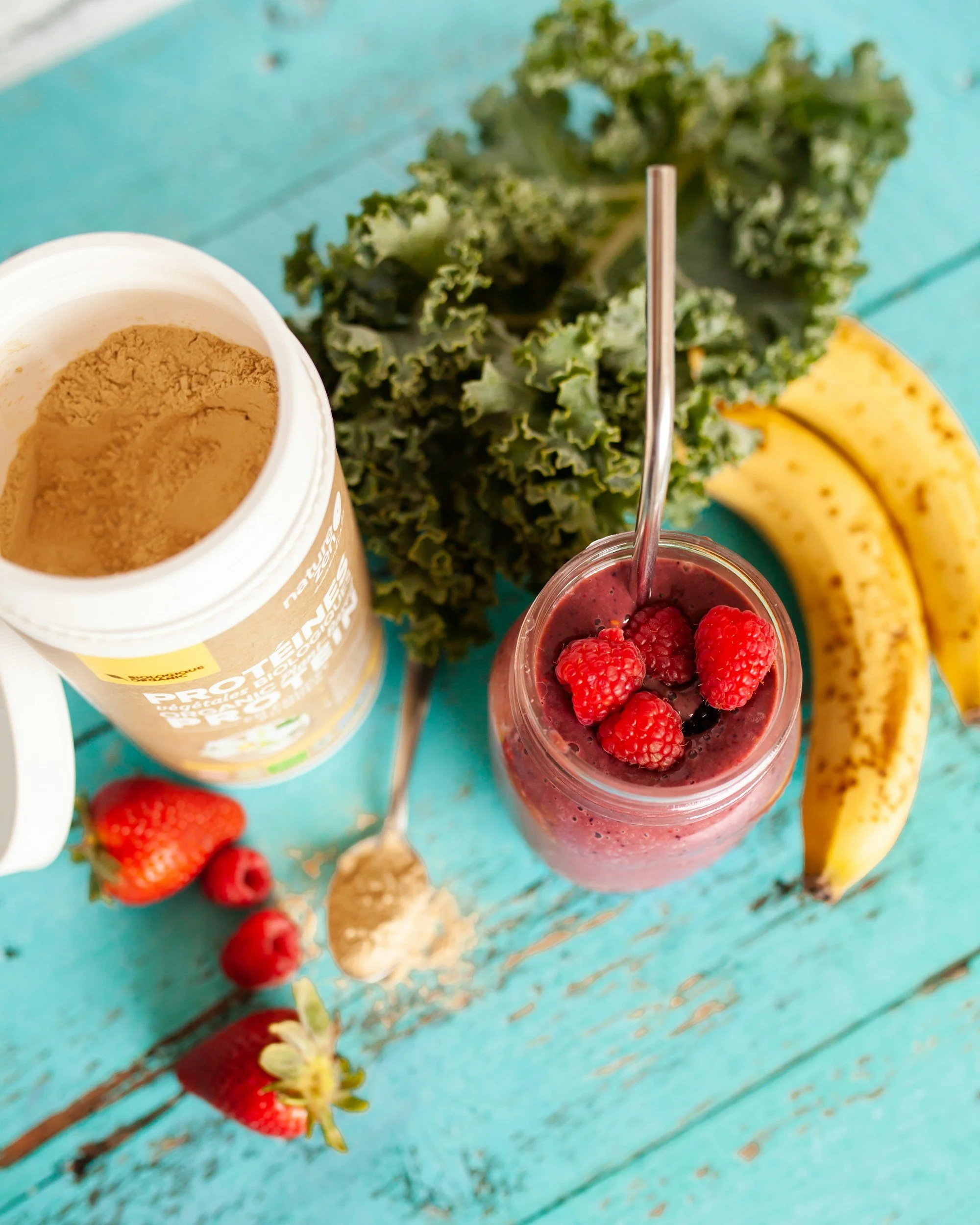Customize Any Diet For You: 10 Ways To Individualize A Diet
/How To Customize A Diet For Your Lifestyle
One of the subjects that comes up often with our retreat guests and health coaching clients is how to apply your own customization to any diet in order for it to be sustainable. In general, most diets, nutrition programs, and lifestyle programs can all be considered as frameworks.
There is not one single diet or nutrition protocol that will work for each person. Because of that, personalization is key when it comes to diets. Factors like individual health, preferences, and lifestyle play a crucial role in creating an effective and sustainable eating plan.
The idea is to create a lifestyle plan for good - not just for right now. To do that, it’s important to consider the 4P’s. Here’s how to use them:
THE 4 P’S
Physiology - This is your body’s own biochemistry. Choosing habits and actions that work FOR your body’s physiology can mean that you have an optimal chance of feeling and functioning your best. Ex: You are allergic to dairy but a diet calls for the use of dairy.
Psychology - Implementing change can be hard. Psychology is the way you approach and react to these changes. The changes you make can be much more effective when they present a neutral or positive type of stressor. Ex: You feel as though meditating for 30 minutes feels overwhelming for your mental state. Choosing a different time duration (1-3 mins to start as an example) or even a different type of meditation might help.
Practical Circumstances - Choosing actions and behaviors that align with your time commitments, career, family, and any other obligations is important. Ex: You’re “supposed” to get in 10,000 steps daily but there is no way this will work for your schedule. Ask yourself what you CAN fit in? Start there.
Personal Preferences - Incorporating the things you like is important. It means you’re much more likely to engage. Ex: If a plan calls for sprints 3x weekly but you can’t stand running, you’re not likely to follow through. Choose an activity that feels like a better fit.
10 Ways To Customize A Diet for You
To build on the 4P’s and offer more specific ideas and tips for customization, here are 10 tips to consider:
1. Define Your Goals: Tailor your diet based on specific objectives like weight loss, muscle gain, or improved energy levels.
Weight Loss: Focus on creating a calorie deficit by consuming fewer calories than you burn. Prioritize high-fiber foods, lean proteins, and plenty of vegetables to stay full longer.
Muscle Gain: Increase your protein intake to support muscle repair and growth. Incorporate strength training exercises and consume protein-rich foods post-workout.
Improved Energy Levels: Opt for complex carbohydrates like whole grains and vegetables, which provide sustained energy. Balance with healthy fats and proteins to avoid energy crashes.
2. Personal Preferences: Customize your meals to align with your taste preferences, making it more enjoyable and sustainable.
Taste: Include foods you enjoy to make your diet more pleasurable. Experiment with herbs, spices, and cooking methods to keep meals interesting.
Dietary Restrictions: Whether you follow vegetarian, vegan, gluten-free, or other specific diets, ensure you’re meeting your nutritional needs within those frameworks.
3. Portion Control: Adjust portion sizes based on your individual caloric needs, ensuring you consume an appropriate amount for your activity level.
Caloric Needs: Use tools like the Harris-Benedict equation to estimate your daily caloric needs based on your age, sex, weight, height, and activity level.
Mindful Eating: Practice mindful eating by listening to your body's hunger and fullness cues to avoid overeating.
4. Macronutrient Ratios: Modify the balance of carbohydrates, proteins, and fats to suit your body's requirements and optimize performance.
Carbohydrates: Adjust carb intake based on activity level—more for endurance sports, less for sedentary lifestyles.
Proteins: Aim for 1.2-2.2 grams of protein per kilogram of body weight, depending on your activity level and goals.
Fats: Ensure healthy fats make up about 20-35% of your total caloric intake, focusing on sources like avocados, nuts, seeds, and olive oil.
5. Meal Timing: Experiment with meal timing to find a schedule that enhances your energy levels and supports your daily activities.
Frequency: Decide whether multiple small meals or three larger ones work best for you. Some people benefit from eating every 3-4 hours, while others prefer intermittent fasting.
Pre- and Post-Workout: Consume a balanced meal with carbs and protein before workouts for energy and post-workout for recovery.
6. Hydration Strategy: Customize your fluid intake based on your body weight, activity level, and climate to maintain optimal hydration.
Daily Intake: Aim for at least 8 glasses (2 liters) of water daily, adjusting for activity level and climate. Sports drinks can be beneficial during intense exercise to replace electrolytes.
Hydration Indicators: Monitor urine color—it should be pale yellow. Darker urine can indicate dehydration.
7. Food Sensitivities: Identify and eliminate foods that may cause sensitivities or allergies to improve overall well-being.
Identify: Keep a food diary to track what you eat and any symptoms. Consult with a healthcare provider for tests to identify allergens or sensitivities.
Elimination: Gradually remove suspect foods from your diet and observe changes in your health and well-being.
8. Incorporate Superfoods: Add nutrient-dense foods like berries, leafy greens, and nuts to boost the nutritional value of your meals.
Nutrient Density: Include foods high in vitamins, minerals, and antioxidants. Examples are berries (antioxidants), leafy greens (vitamins A and C), and nuts (healthy fats and protein).
Variety: Rotate different superfoods to get a broad spectrum of nutrients.
9. Culinary Techniques: Experiment with various cooking methods to enhance flavors and textures, making your meals more satisfying.
Healthy Cooking Methods: Opt for grilling, steaming, roasting, and sautéing with minimal oil instead of frying.
Flavor Enhancement: Use natural flavor enhancers like citrus, herbs, and spices to reduce reliance on salt and sugar.
10. Regular Assessments: Periodically review and adjust your diet to accommodate changes in your lifestyle, goals, or health status.
Track Progress: Use tools like apps or journals to track your diet, energy levels, and physical changes.
Adjustments: Be flexible and make necessary adjustments based on your progress, changes in physical activity, or new health goals. Regularly consult with a nutritionist or healthcare provider for guidance.
DITCH THE DIETS AND BUILD A HEALTHY, SUSTAINABLE PLAN FOR YOU
If you’re tired of rigid diets and one-size-fits-all plans that leave you feeling restricted and frustrated, The Balanced Body is your solution. This program empowers you to create a sustainable health journey tailored to your unique body, lifestyle, and goals—without fad diets or overwhelming rules.
Inside, you’ll find goal-setting strategies, intuitive eating guidance, stress & sleep tools, personalized fitness options, actionable habits, and so much more—all with clear, step-by-step resources and fillable worksheets to support your journey every step of the way.
What’s in it for you?
Create a personalized roadmap to set and achieve your goals.
Metabolism education, customization tips, worksheets, guides and more
Simple strategies for energy balance, mindful eating, understanding your body’s cues, and overcoming plateaus.
3 four week meal plans to experiment with that include grocery lists and meal prep tips for each week (Mediterranean, High Protein + Plant Based eating)
Fitness tips to ensure overall body balance, routines and guides to build strength and flexibility at your own pace.
Tools to improve sleep, manage stress, and celebrate progress—not just numbers on a scale.
